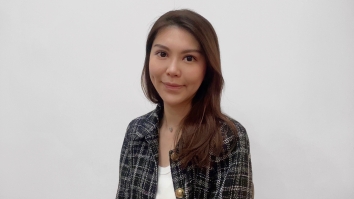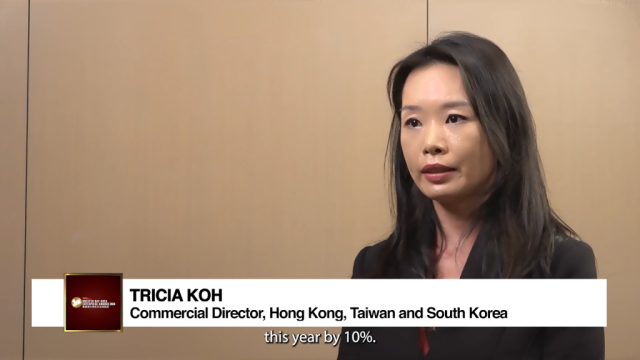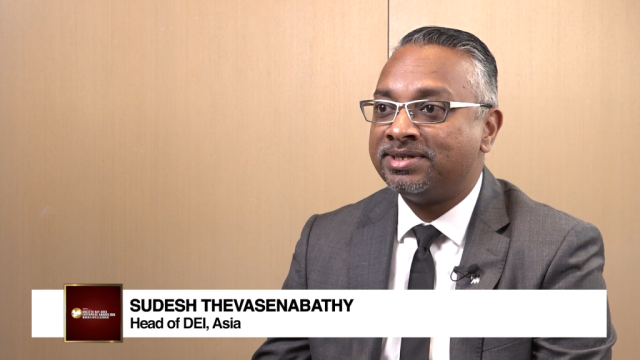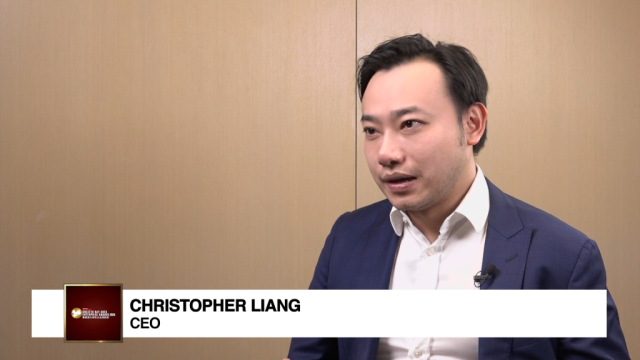Most parents save Lai See money for kids' futures
Higher income earners are more controlling.
A new Chinese New Year themed survey commissioned by Friends Provident International (FPI) has suggested that the majority of Hong Kong parents teach their children ‘many a little makes a mickle’ by investing their Lai Sees into a savings account (57% of respondents) or saving plans (30% of respondents) instead of consuming the sum in experiences.
According to a release from Friends Provident International, to ensure the Lai See money is put to good use, Hong Kong parents tend to tell their children that they will ‘save up their Lai See money for them’ and they do.
The Investor Attitudes Report, an earlier piece of FPI research, indicated that 85% of interviewees acknowledged seeing a retirement funding gap and saw the need to supplement the Mandatory Provident Fund with property and investment-linked products.
The Lai See survey results, however, showed that less than one in every 10 respondents was confident in explaining what investment-linked products are. In fact, more people were more comfortable explaining the rules of Mahjong (18% of respondents) than investment-linked products (15% of respondents).
In light of the retirement funding gap they experience, Hong Kong parents seem to be keen to start their children’s financial education early, starting with the basics such as good money saving habits.
Here's more from Friends Provident International:
“I see part of children’s future stems from learning and having good financial planning since their young age. However, teaching them good saving habits is just a first step, understanding and being educated on the significance of investment diversification is the important next step.
We should be better aware of our investment products options, which is crucially important in today’s climate of low interest rates and ever-changing world. It helps us make wiser judgments that best suit our wealth preservation and accumulation needs,” said James Tan, Managing Director for Asia at Friends Provident International.
Other results of the Lai See survey showed that higher income earners (HKD 60,000/month and above) were more controlling of children’s red packet money. Only 3% of them opted to let the children decide for themselves on how to use the money, as compared to 13% of the lower income earners (below HKD 15,000/month).
The middle income earners (HKD 15,000 – 45,000/month) would put the bulk into their children’s savings and extracurricular activities.
There seems to be a trend of allocating red packet money into more conservative uses or arrangements, and the phenomenon is only magnified with bigger sums of money.
When asked what they would do if the sum of money was “particularly big” (for example, HKD 20,000), most respondents chose putting it into a savings account (67% of respondents) and education fund (22% of respondents), and only a very small portion would use the money for children’s experiences (such as dinner with Mickey Mouse [2%] and attending an overseas summer camp [3%]).






















 Advertise
Advertise








